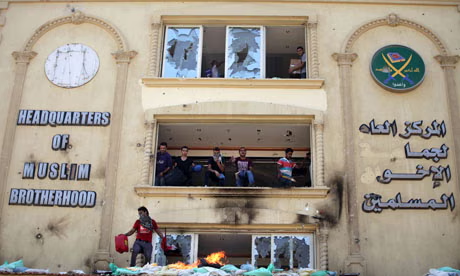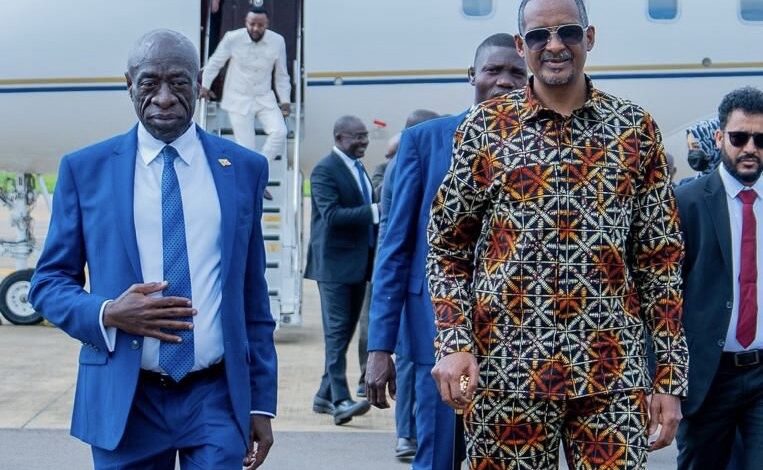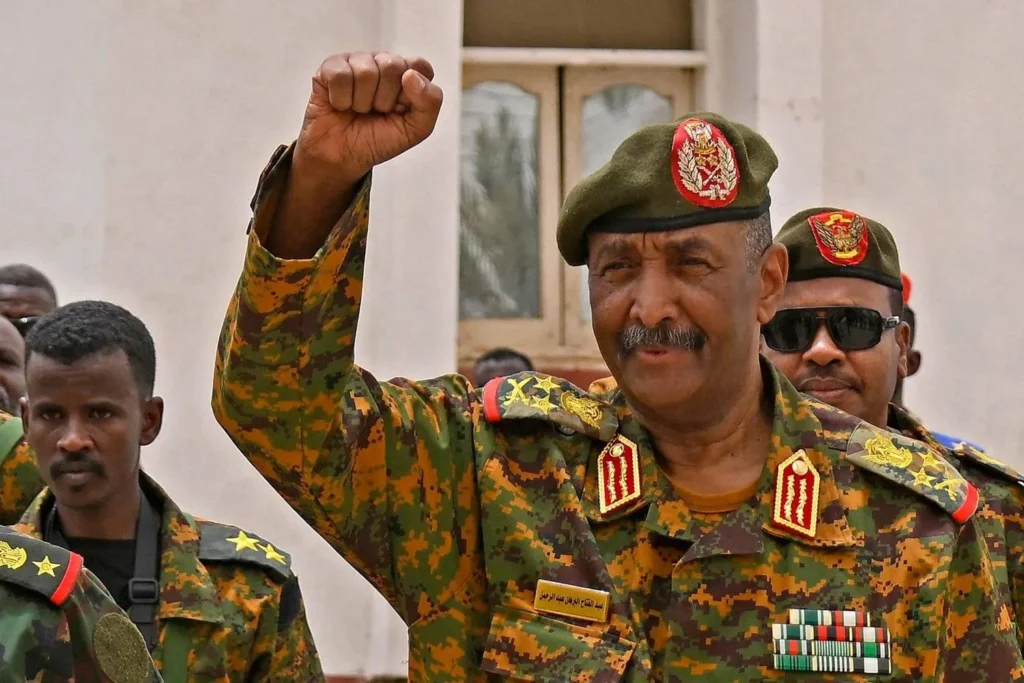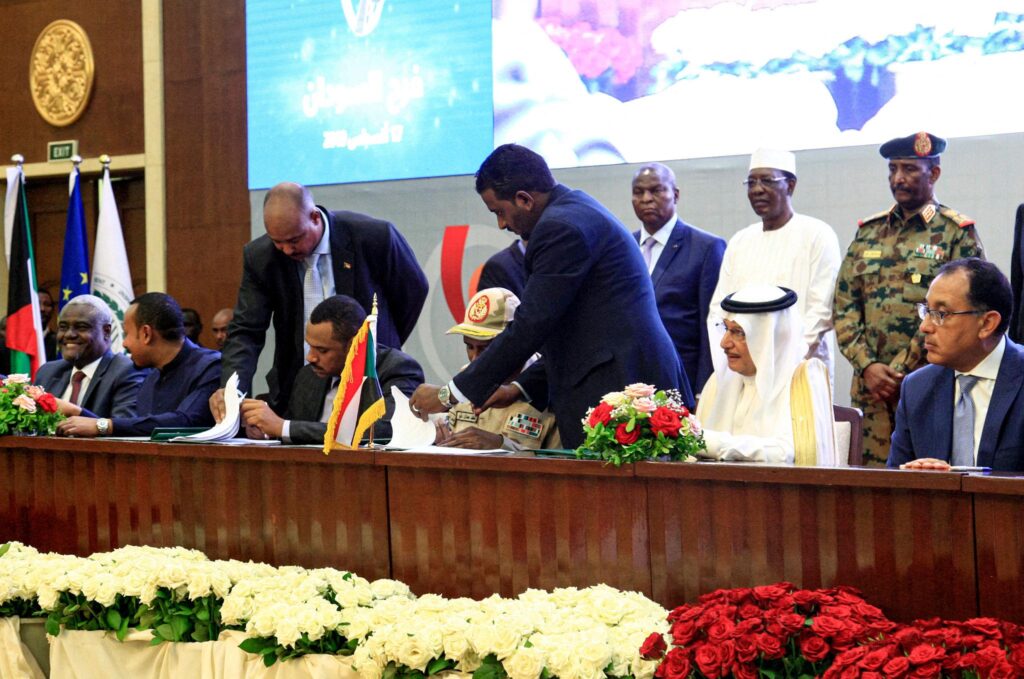
A prominent Egyptian TV anchor close to the government, Mohamed El-Baz, has stirred wide controversy after claiming that “the Muslim Brotherhood is more dangerous to Egypt than Israel,” arguing that Cairo has a peace treaty and clear terms with Tel Aviv, whereas “there are no constraints or agreements” governing the Brotherhood.
Speaking on the talk show “Kol el-Kalam” on Al-Shams TV, in an interview with host Amr Hafez, El-Baz said the group has not gone quiet but is instead “working intensively” through online networks he claimed include up to 400,000 active members. Their main objective, he alleged, is to spread frustration and despair within Egyptian society, adding that the Brotherhood’s past failures had not ended its political ambitions but only postponed them.
His remarks went viral after they were reposted by Rassd News Network, which is seen as close to the Brotherhood, alongside a picture of El-Baz and an open call for comments. Social media reactions quickly split: some viewed his words as a legitimate warning against a “latent internal enemy,” while others dismissed them as an exaggeration.
El-Baz has previously accused the Brotherhood of coordinating with Israel, but this latest statement comes amid a broader security and media campaign that has revived talk of “sleeper cells” and “electronic warfare.” Many observers see his comments as part of a calculated narrative aimed at shoring up domestic unity.
The authorities, for their part, link the renewed threat to regional developments. Critics say this framing is being used to discredit dissent and tarnish the image of the state, while others argue such campaigns risk justifying harsher measures against peaceful opposition.
In July 2025, the Interior Ministry announced it had dismantled cells linked to the “Hasm” movement (Hasm: “Arms of Egypt”), designated a terrorist organisation. The group had released a propaganda video tying its return to the Gaza war and threatening attacks on prisons to free Brotherhood members convicted in terrorism cases.
According to retired Colonel Hatem Saber, a counterterrorism expert, these operations are not isolated incidents but part of broader efforts to confront dormant networks that could be activated in response to regional flashpoints, such as the escalation in Gaza or rising tensions with Israel.
The ministry has said such cells are built on a long-standing Brotherhood project to weaken stability from within by manufacturing crises inside state institutions. Religious Endowments Minister Mohamed Mokhtar Gomaa has warned of the growth of such networks within the bureaucracy, likening them to a “mafia” that obstructs development.
On the digital front, what officials describe as an “electronic war” has become the online face of this perceived threat, with social platforms turning into a central battleground.
In August and September 2025, the Interior Ministry warned of covert campaigns aimed at eroding public trust in state institutions through the spread of rumours and false news, allegedly backed by regional and international actors hostile to Egypt’s stability.
Researcher Hisham Al-Najjar argued that the Brotherhood relies on “rumours as a primary weapon” to undermine social cohesion, exploiting crises such as rising prices or regional tensions to turn public opinion against the authorities.
In response, Egyptian authorities say they have shut down dozens of accounts linked to these campaigns and launched awareness drives such as the “Stay Aware” initiative, in cooperation with the Ministry of Communications, to strengthen cyber security and media literacy.
Officials continue to frame the threat as intertwined with regional turmoil. Some analysts view this as an attempt to rally support around the state, while others warn that such narratives risk being used to legitimise a broader clampdown on peaceful political opposition.




